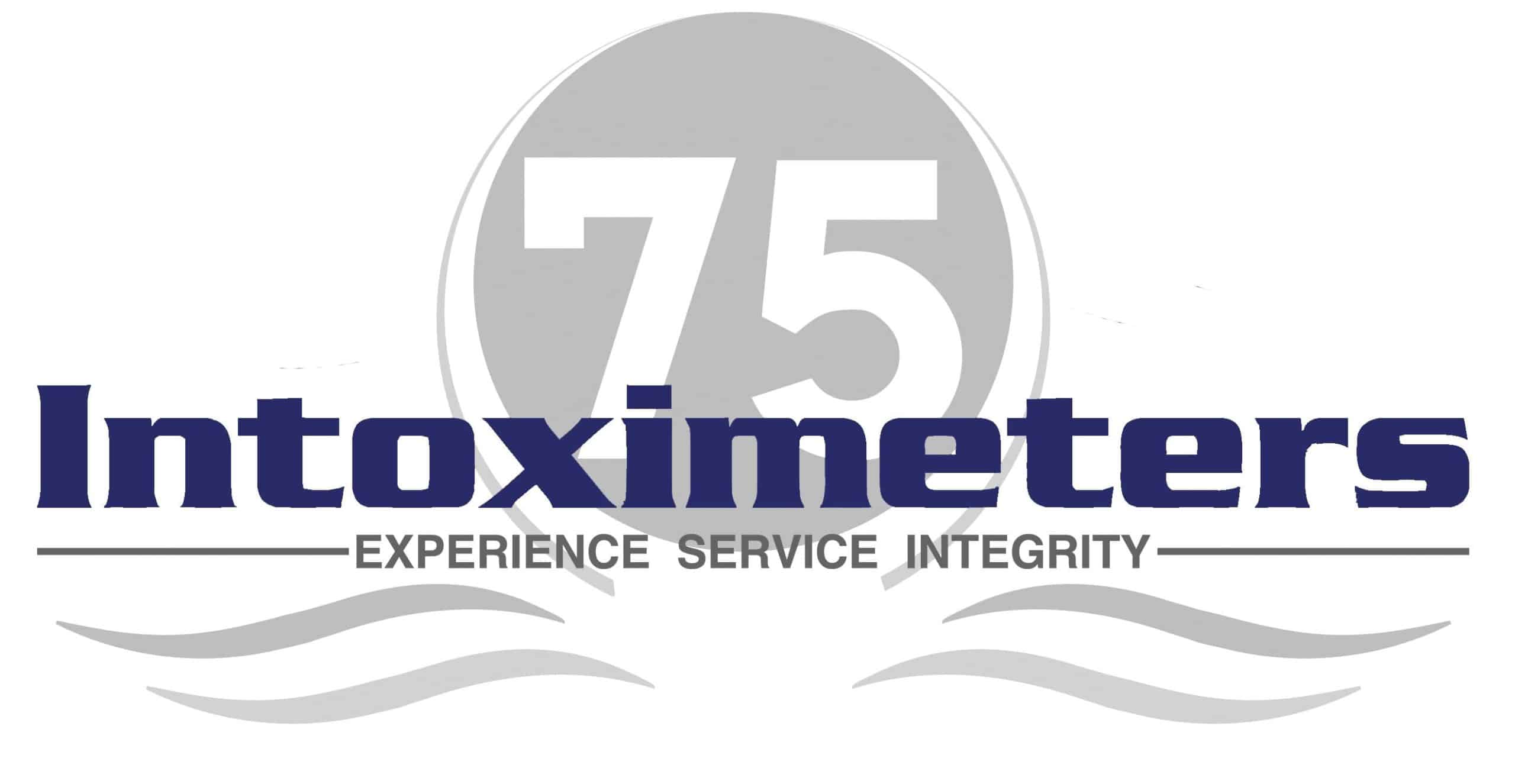Have you ever been about to conduct a breath alcohol test or training class and realized, too late, that you didn’t have an essential item on hand to complete the test? (We hope you didn’t “wing” it!) Or, have you ever been asked for your BAT certificate and felt a moment of panic: “Where is it?” “Is it up-to-date?”
To ease future worries, we’ve compiled an Essential Supplies Checklist below, to ensure you and your BATs are fully ready for the next test that’s required of you. Some of you have seen downtime in your testing practices lately, due to the COVID-19 pandemic. We urge you to take this opportunity to review, restock, and recharge.
Many of you go through supplies on a rapid pace, and have a regular habit of ordering what you need in advance. Many other BATs only have the occasional test, and are more likely to have an exhausted supply creep up on them unexpectedly. But, all of the BATs we train need to have certain consistent practices in place. Here are a few of them:
- Know where your certificate is, and be sure to mark on your calendar in advance of its renewal date so you will not ever have to worry about having an expired certificate.
- Know where your calibration log book is, and know the procedures and timing for
updatingkeeping it current and compliant. Always have one additional log book on hand, as this is not something you want to run out of. - Know who to contact should you have any questions while conducting a test. Regulations state that as a BAT, you must have the Designated Employer Representative’s (DER) name and phone number prior to conducting the alcohol test. If you can accurately get your question answered, you can avoid an incomplete testing scenario without unnecessary panic when a question arises.
In addition, there are some items you simply must have on hand, or your testing process could be compromised should you run out of one of these essential items unexpectedly. We recommend always having extra supplies as a regular practice of the following:
- An adequate supply of mouthpieces, and backup mouthpieces for when that supply gets low and your new order is in the shipping process.
- Calibration log books. When you open a new log book, you should always have an additional one on hand. Ordering a new log book once you’re already completing your current log book is not early enough to be safe!
- DOT Alcohol Testing Forms. Whether you need ATFs for live subject employee testing, or for a training class, you should always have extra forms on hand and available at all times. Best practice is to always have at least 50 DOT ATFs and 50 non-DOT ATFs available.
- Tamperproof evidence tape. The regulations indicate that every printed test result must be affixed onto the form or printed directly on the ATF. Always have an extra box of evidence tape ready to use.
- Paper rolls. Have you ever started printing a test result only to find out in the moment that the roll is empty? Having an extra supply of paper rolls for your instrument is crucial, especially when the test result is a positive test and must be affixed to the form to be valid.
During down times, such as many are experiencing during the COVID-19 pandemic, it is great to review procedures as well as your instrument functions. For this reason, it is helpful to have training videos on hand for your BATs to review. We recommend a regular review of procedures as a best practice, but during slow times it becomes convenient to brush up on things you may not have addressed thoroughly the first time around.
So, please take this time to brush up on your training, renew your certificate, restock supplies, and review best practices and procedures. As you know, your testing program is a critical component to a safe workforce, and every detail matters.
